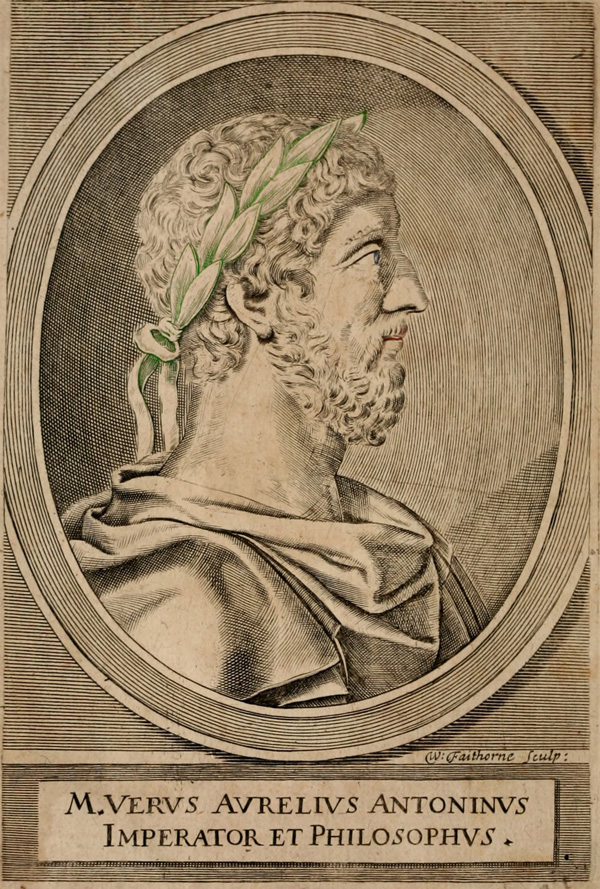Marcus Aurelius on Mortality and the Key to Living Fully
More from Maria: newsletter@brainpickings.org
 “Death is our friend,” Rilke wrote in an exquisite 1923 letter, “precisely because it brings us into absolute and passionate presence with all that is here, that is natural, that is love.” And yet one of the defining features of the human condition is that we long for immortality despite inhabiting a universe governed by impermanence.
“Death is our friend,” Rilke wrote in an exquisite 1923 letter, “precisely because it brings us into absolute and passionate presence with all that is here, that is natural, that is love.” And yet one of the defining features of the human condition is that we long for immortality despite inhabiting a universe governed by impermanence.
Eighteen centuries before Rilke, the great Roman emperor and Stoic philosopher Marcus Aurelius addressed this abiding human paradox of life and death with astonishing lucidity in his Meditations (public library | free ebook) — his indispensable proto-blog, which also gave us the philosophic emperor’s enduring wisdom on how to begin each day for maximum sanity and what his father taught him about honor and humility.
Aurelius, translated here by Gregory Hays, considers how befriending this eternal interplay of life and death can inform and ennoble our existential priorities:
Just that you do the right thing. The rest doesn’t matter.
Cold or warm.
Tired or well-rested.
Despised or honored.
Dying … or busy with other assignments.Because dying, too, is one of our assignments in life. There as well: “to do what needs doing.”
In another meditation, he revisits the question of our inescapable impermanence:
Some things are rushing into existence, others out of it. Some of what now exists is already gone. Change and flux constantly remake the world, just as the incessant progression of time remakes eternity.
We find ourselves in a river. Which of the things around us should we value when none of them can offer a firm foothold?Like an attachment to a sparrow: we glimpse it and it’s gone.And life itself: like the decoction of blood, the drawing in of air. We expel the power of breathing we drew in at birth (just yesterday or the day before), breathing it out like the air we exhale at each moment.

Art from Candy Chang’s project Before I Die
With breath-stopping simplicity, Aurelius crystallizes the inevitable and indiscriminate nature of this inhale-exhale cycle that is life:
Alexander the Great and his mule driver both died and the same thing happened to both. They were absorbed alike into the life force of the world, or dissolved alike into atoms.
But rather than being dispirited by this awareness, he suggests, we can find it in an enlivening force of moral solidity in the face of our ephemeral existence:
Keep this constantly in mind: that all sorts of people have died — all professions, all nationalities. Follow the thought all the way down to Philistion, Phoebus, and Origanion. Now extend it to other species.
We have to go there too, where all of them have already gone:… the eloquent and the wise — Heraclitus, Pythagoras, Socrates …
… the heroes of old, the soldiers and kings who followed them …
… the smart, the generous, the hardworking, the cunning, the selfish …
… and even [those] who laughed at the whole brief, fragile business.All underground for a long time now.And what harm does it do them? Or the others either — the ones whose names we don’t even know?
From this he extracts the ultimate moral:
The only thing that isn’t worthless: to live this life out truthfully and rightly. And be patient with those who don’t.
Meditations is a requisite read in its entirety — the kind that stays with you for a lifetime and rewards anew with each rereading. Complement it with Seneca, a fellow Stoic, on how to fill the shortness of life with greater width of aliveness and Bertrand Russell on the paradox of immortality.

